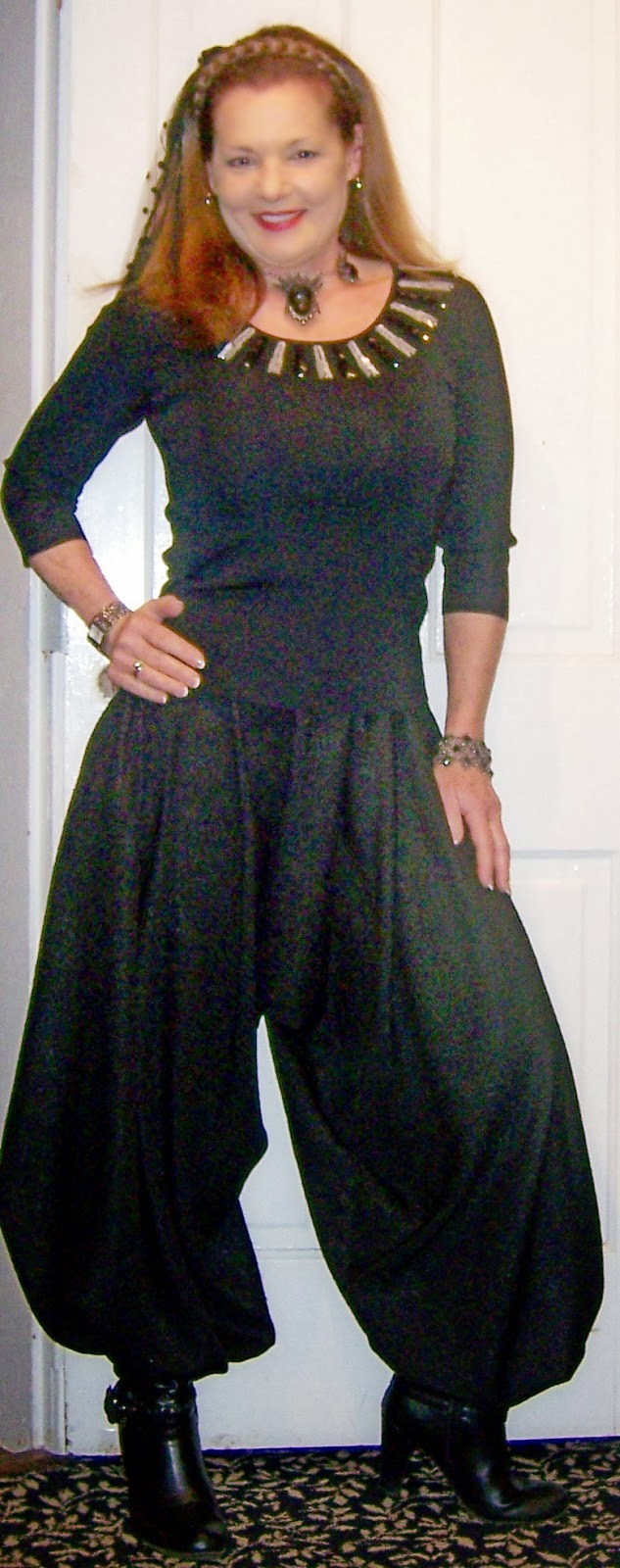I saw the Baltimore Symphony Orchestra perform Antonin Dvořák’s Symphony No. 9 in E minor on January 11th, which was written in 1893, at the same time so much development was happening around Corbett’s General Store, the subject of my blog post from a few days ago. According to the BSO’s program notes about the concert, Dvořák’s final symphony, which he named “From the New World”, was perhaps the greatest triumph of the Czech composer’s career.
In 1892, the year my maternal grandfather was born (yes, I am really that old), a wealthy American socialite and devoted music patron named Jeanette Thurber lured Dvořák, one of Europe’s most celebrated composers at the time, to the United States to become director of her new National Conservatory of Music. Thurber’s choice was wise. Dvořák was open to the idea and the potential of original “American” music. He accepted Thurber’s offer as much because he was eager to explore what the young musicians in this “new world” had to offer as for the lucrative salary Thurber would pay him.
Dvořák was enthralled by early American folk traditions, black spirituals in particular. He enthusiastically “absorbed the brashness of America in the 1890s”, yet the work is also infused with the Slavic roots of Dvořák’s mother country. To point up the importance of the old Spirituals in Dvořák’s music, BSO maestra Marin Alsop, who I'd just run into at the supermarket that morning, brought in the Morgan State University Choir, directed by Dr. Eric Conway. These talented singers, who have shared their considerable musical gifts on stages all over the world, filled the Meyerhoff Symphony Hall in downtown Baltimore with jubilant melody and dramatic harmony. I was entranced.
I paid tribute to the composer in my choice of attire for the evening: a beautiful black knit top by CML Collection with crystal bead embellishments along the neckline which was a recent hand-me-down from my best friend's mother, Joyce, in Spokane, Washington, and vintage baggy brocaded sufi pants reminiscent of a Cossack dancer, made by Renaissance Faire costumer Moresca. Because the weather was so bitterly cold, I opted for buckled leather booties by Pink & Pepper instead of pumps, and topped the whole outfit off with an antique silver and onyx necklace in a primitive tribal pattern that my mother bought on a trip to Mexico with my father in the early 1950s.
Once the symphony was over, my date and I made our way to a Ciao Bella, a stalwart Italian restaurant in the “Little Italy” section of Baltimore which neither of us had tried before. That the eatery had neither its mother-country’s authentic coziness nor any semblance of old-world ambience didn’t matter. I was in a mood to celebrate the new world: the imaginative music of young America and its early generations who stoked the industrial (and artistic) fires at the turn of the last century like my grandparents and Dvořák did. The uniqueness of America has its basis in conglomeration – a melting pot of ideas, of industry and exploration, of musical influences from all over the world -- and from right here. Dinner was good. The symphony was outstanding.
Cheers,
Lynell
“Europe was created by history. America was created by philosophy.”
~ Margaret Thatcher
In 1892, the year my maternal grandfather was born (yes, I am really that old), a wealthy American socialite and devoted music patron named Jeanette Thurber lured Dvořák, one of Europe’s most celebrated composers at the time, to the United States to become director of her new National Conservatory of Music. Thurber’s choice was wise. Dvořák was open to the idea and the potential of original “American” music. He accepted Thurber’s offer as much because he was eager to explore what the young musicians in this “new world” had to offer as for the lucrative salary Thurber would pay him.
 |
| Antonin Leopolt Dvořák |
 |
| The lady who brought Dvořák to America: Jeanette Meyers Thurber |
 |
| The ambience at Ciao Bella was lacking but the wine was good |
Cheers,
Lynell
“Europe was created by history. America was created by philosophy.”
~ Margaret Thatcher

No comments:
Post a Comment